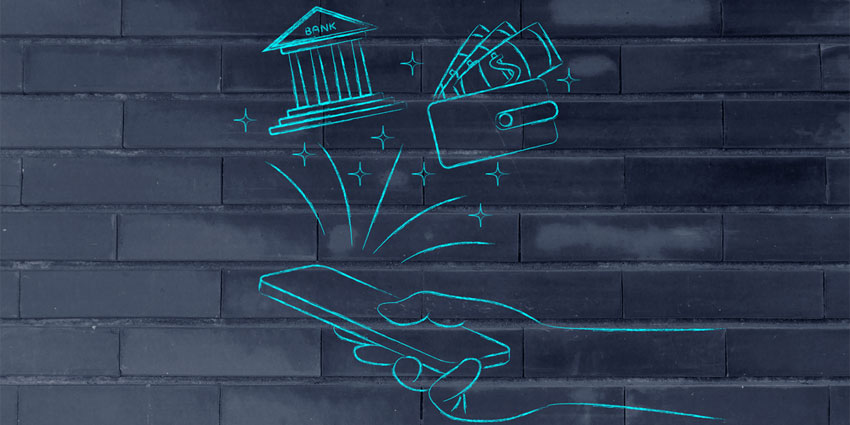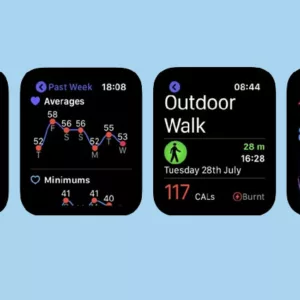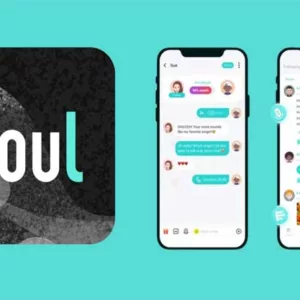Managing your personal finance is a huge task for most people. With the rise of digital baking, a lot of us don’t balance our checkbooks anymore. This is why keeping track of our expenses can be a huge challenge. Personal finance apps can connect to your bank account and help you keep track of where you spend your money. When you use personal finance apps, you can track your spending and you can also identify areas where you’ve been spending money. Some of the top apps let you pay bills using the app itself. You can keep an eye on your investment portfolio and your credit score.
A lot of the best personal finance apps include email reminders, bill due dates, and track subscriptions. You can use these apps to easily manage your finances. All the apps on our list are available on Android and iOS. Basically, you can access these apps regardless of what device you have.
Top Personal Finance Apps to Choose From
There are thousands of personal finance apps to choose from, but it’s challenging to find the right kind of app. Here’s our list of best personal finance apps:
1. Personal Capital
Personal Capital is a well-known personal finance app, and it allows you to manage your finance and investments. You can connect the app to your bank account and track your spending, and build a monthly spending plan. But the best part is how it helps you optimize and track your investments. You can also use the app to track your investment portfolio.
Users can find hidden fees and discover potential investment opportunities. You can also compare your portfolio to the major market benchmarks to see if you’re on the track to reaching your investment goals.
2. Prism
Prism is another personal finance app and it provides a proper view of your finances by showing your financial accounts and bills in a single platform. This app has more than 11,000 billers, it includes large banks and smaller utility companies. Prism also tracks your bills automatically and sends you daily reminders about the due dates. This app can also be used to schedule payments for the next day or any day you want. You don’t have to log in to multiple accounts to pay the bills.
3. YNAB
YNAB, short for You Need a Budget is a personal finance application that relies on 4 rules.
- Give each dollar a job
- Embrace your true costs
- Roll with the punches
- Age your money
This helps you create a better budget, and helps you control how much you spend. To get a complete picture of your spending, import transactions from your personal account.
If you spend more than your set budget, or if you underbudgeted a particular category, you can adjust your budget to keep it balanced. You can see how your spending has been throughout the month.
4. Mint
Mint is a great personal finance app and it is one of the most popular ones. It offers you a complete idea of your financial situation in just one place. Mint automatically gathers all your data and categorizes them. It also shows your basic spending each month.
You can use Mint to keep track of spending and bills, and it can help you create a budget that you can follow. It also allows you to check your credit score free of cost. The site provides you with a breakdown of factors that contribute to your credit score. This can help you track your credit health, and you can manage your investments.
5. Spendee
While other personal finance apps are just for private use, Spendee allows you to create shared wallets that your friends and family can use to manage household expenses. The app will import your bank transactions, and then categorize them so you can keep track of how much money you spend every month.
You can avoid going over budget by setting budgeted amounts for each category of spending and then tracking your success towards the budgeted amount. To keep track of your expenses, create a category for a trip and other events.
6. Mobills
Mobills allows you to track how much you’re spending compared to your earnings. You can see how much you’ve left to spend in each category of your budget. There are interactive charts that help you plan your budget in the best possible way.
You can add your credit cards to the app and see all your balances and spending limits in one place. The free version of the app has limited features so you need to keep that in mind. If you want, you can get the premium version to access all the other features.
7. EveryDollar
EveryDollar uses a zero-based budget method, and the app is given a purpose by the zero-based budget. This is the reason that the app is named EveryDollar. The app comes equipped with a monthly expense tracker that allows you to connect with your bank to gather transaction data. This allows you to keep track of how much money you’re spending.
The spending tracker will show you how much amount you have left on your fixed budget. You can even connect with money management specialists through the app who can help you make budgets. Access your budget via the app or from a desktop computer.





